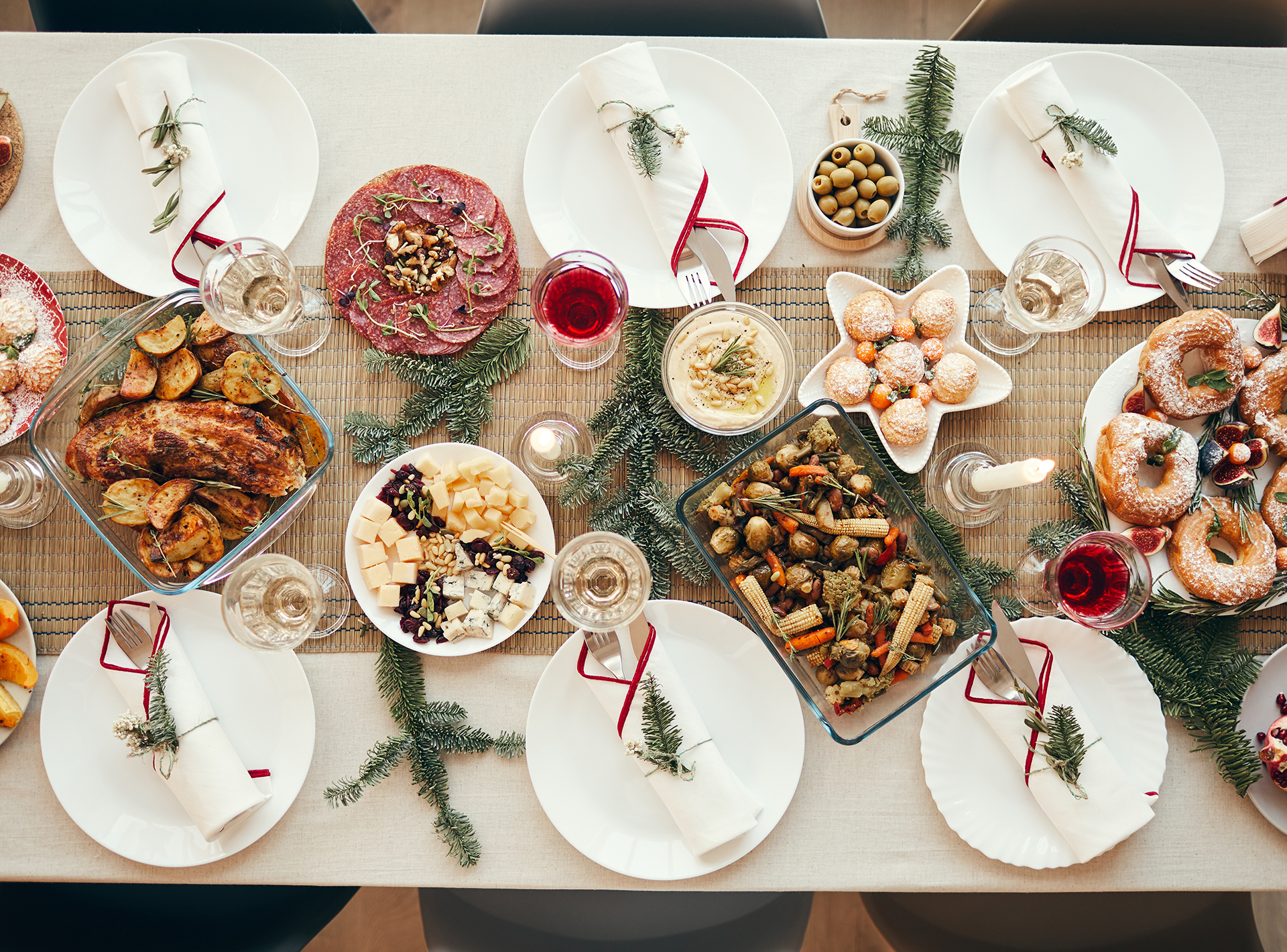 The Food Safety Information Council today released their food safety tips for Christmas and Summer entertaining, warning about the risk of raw or minimally cooked foods.
The Food Safety Information Council today released their food safety tips for Christmas and Summer entertaining, warning about the risk of raw or minimally cooked foods.
Council Chair, Ms Cathy Moir, pointed out that while Australians are looking forward to getting together with multi-generations of family and friends for Christmas, these gatherings will include those most at risk if they get food poisoning – the elderly, pregnant women, and people with poor immune systems.
“With an estimated 4.67 million cases of food poisoning a year in Australia we all want to keep our family and friends safe, which we can do by following some simple tips,” Ms Moir said.
“Firstly, cook your meat and poultry to a safe temperature. Our recent consumer survey found that 4% surveyed said they had eaten rare meat or offal with 0.2% eating raw meat or offal in the last six months, and this is a risk for food poisoning, including parasitic infections such as toxoplasmosis.”
The Council advised that hosts could protect their guests by using a digital meat thermometer, measured in the centre of the food:
- All poultry including turkey (whole cuts, roast, or mince) should be cooked to at least 75°C
- Beef, lamb, kangaroo in whole cuts like chops, steaks, pieces, and roasts at least 63°C (medium rare) and leave to rest three to five minutes
- Pork whole cuts and pieces to 70°C and roasts to between 70°C and 75°C and leave to rest three to five minutes
- Beef, lamb, kangaroo, or pork that have been made into sausages, hamburgers or mince as well as rolled roasts, liver, and other offal 75°C
- Fish fillets should be cooked to around 63°C or when flesh flakes easily
“Eggs and egg dishes such as quiche, can also be a food safety risk and should be cooked to 72°C in the centre, or until the white is firm and the yolk thickens,” Ms Moir said.
“Raw eggs in eggnog and health shakes, raw egg mayonnaise and aioli, or fancy desserts made with raw eggs like tiramisu are a real risk for food poisoning.
“And of course, do not forget to wash your hands with soap and water before preparing and cooking food, and after handling shell eggs, seafood, raw meat and poultry, burgers, and sausages.”
Other Christmas and Summer entertaining food safety tips released by the Council included:
- Do not strain your fridge
Plan and do not buy more food than you need. It is vital that you do not overstock your fridge and freezer, as this will not allow the cool air to circulate freely, and food cannot be adequately frozen or chilled. Less food will also help to reduce food waste.
- Make space
Prevent overstocking by making room in your fridge for perishable foods by removing alcohol and soft drinks and put them on ice in a container or laundry sink. This also stops guests opening the fridge so often and helps to maintain the temperature at 5°C or below.
- Christmas ham will not last forever
Check the storage instructions and best before or use by date before removing the ham from its plastic wrap. Cover it with a clean cloth soaked in water and vinegar, keep the cloth moist so it does not dry out, and store it in the fridge at or below 5°C.
- Phased roll-out
Do not leave perishable chilled foods out in the heat of Summer for more than an hour. These foods include cold meats, soft cheeses like Camembert and Brie, cold poultry, cooked seafood like prawns and smoked salmon, pâtés, sushi, and salads. Put out lesser amounts and replace them (do not top them up) from the fridge.
- Get it cold, quick
Refrigerate leftovers as soon as possible. Food should not be refrigerated if it has been outside in the heat for more than an hour and discarded after it has been outside for more than two hours. Never eat perishable food that has been unrefrigerated for more than four hours as it may not be safe and should be thrown away.

